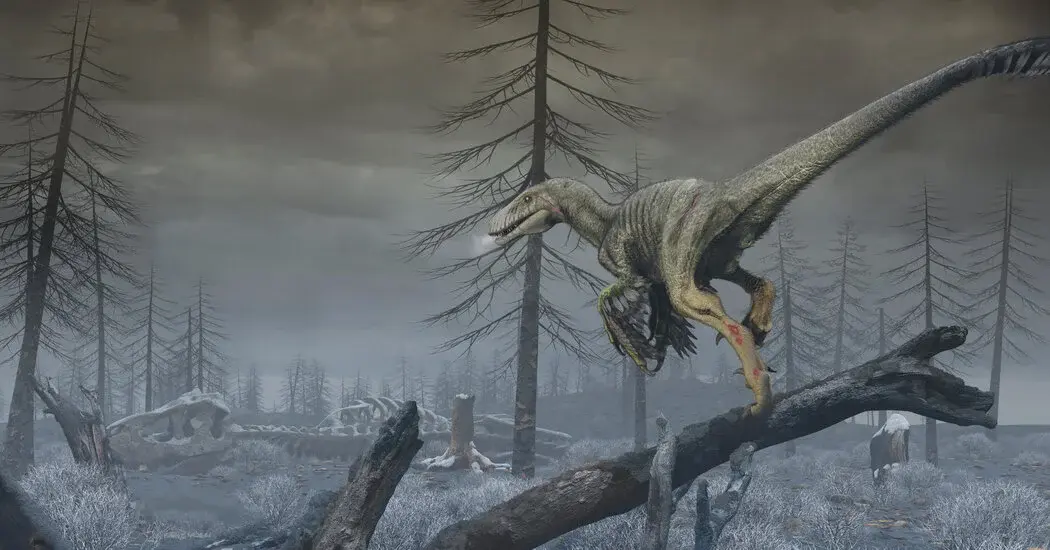A simulation suggests that fine particles played a stronger role in cooling the planet and stalling photosynthesis after an asteroid impacted the Earth.
The study’s authors say that micrometer-size fine silicate dust lingered as long as 15 years in the atmosphere after the impact and contributed to the global cooling. Also, photosynthetic activity on Earth may have ceased completely within two weeks following the Chicxulub impact largely because of fine dust.
Nature Geoscience



Dinosaurs Exit Planet - Dust